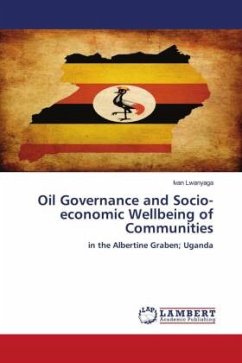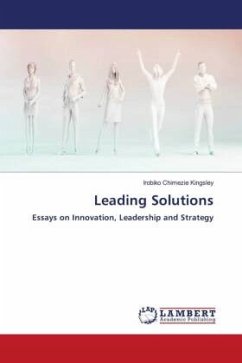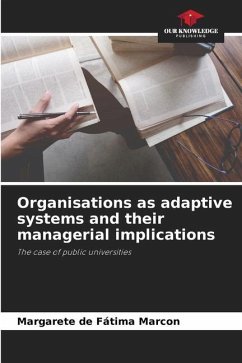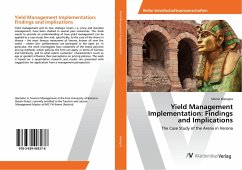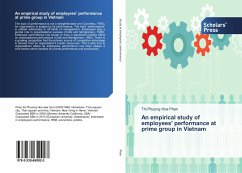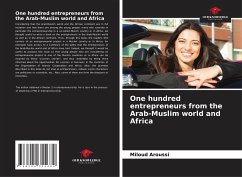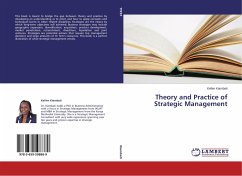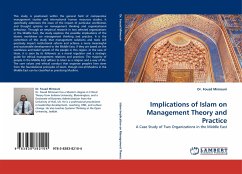
Implications of Islam on Management Theory and Practice
A Case Study of Two Organizations in the Middle East
Versandkostenfrei!
Versandfertig in 6-10 Tagen
39,99 €
inkl. MwSt.

PAYBACK Punkte
20 °P sammeln!
This study is positioned within the general field of comparative management studies and international human resources studies. It specifically addresses the issue of the impact of particular worldviews and thought systems on management thinking and organizational behaviour. Through an empirical research in two selected organizations in the Middle East, the study explores the possible implications of the Islamic worldview on management thinking and practice. It is the contention of this study that management solutions and tools will positively impact institutional reform and achieve a more mean...
This study is positioned within the general field of comparative management studies and international human resources studies. It specifically addresses the issue of the impact of particular worldviews and thought systems on management thinking and organizational behaviour. Through an empirical research in two selected organizations in the Middle East, the study explores the possible implications of the Islamic worldview on management thinking and practice. It is the contention of this study that management solutions and tools will positively impact institutional reform and achieve a more meaningful and sustainable development in the Middle East, if they are based on the worldview and belief system of the people in this region. In the case of Islam, it is seen by its followers as a moral regulator and a strategic guide for ethical management relations and practices. The majority of people in the Middle East adhere to Islam as a religion and a way of life. The core values and ethical conduct that organize people's lives stem from the foundational principles of Islam, though not all Muslims in the Middle East can be classified as practicing Muslims.



